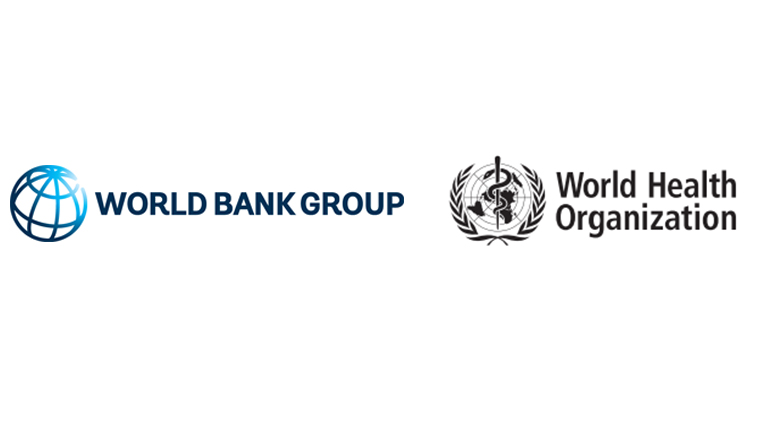By Asmau Ahmad
The World Health Organisation (WHO) and World Bank United say achieving Universal Health Coverage by 2030 is crucial to realising the Agenda for Sustainable Development Goals (SDGs) as well as the fundamental human right to health.
According to the agencies, to reach the goals of UHC, substantial public sector investment and accelerated action by governments and development partners are essential.
According to them, the key actions include a radical reorientation of the health systems towards a primary healthcare approach, advancing equity in healthcare access and financial protection, and investing in robust health information systems.
The agencies jointly published the 2023 UHC Global Monitoring Report, revealing an alarming stagnation in the progress towards providing people everywhere with quality, affordable, and accessible health care.
The WHO lamented that the expansion of essential health services is slowing down, stating that while health service coverage improved since the beginning of the century, progress has slowed since 2015, when the SDGs were adopted.
The report read in part, “Notably, there was no improvement from 2019 to 2021.
While services for infectious diseases have seen significant gains since 2000, there has been little to no improvement in service coverage for non-communicable diseases and reproductive, maternal, newborn, and child health services in recent years.
“In 2021, about 4.5 billion people, more than half of the global population, were not fully covered by essential health services. And this estimate does not yet reflect the potential long-term impacts of the COVID-19 pandemic.”
Released ahead of the High-Level Meeting on UHC at the 78th United Nations General Assembly, the report exposes a stark reality based on the latest available evidence that more than half of the world’s population is still not covered by essential health services.
The global health body said that the 2023 UHC Global Monitoring Report serves as a wake-up call to the global community, highlighting the urgent need to prioritise and invest in UHC to ensure that everyone gains access to quality, affordable, and accessible healthcare without suffering financial hardship.
According to the WHO Director-General, Dr. Tedros Ghebreyesus, “The COVID-19 pandemic was a reminder that healthy societies and economies depend on healthy people.”
He noted that the fact that many people cannot benefit from affordable, quality, essential health services, not only puts their own health at risk but also puts the stability of communities, societies and economies at risk.
“We urgently need stronger political will, more aggressive investments in health, and a decisive shift to transform health systems based on primary health care,” he added.
Ghebreyesus noted that these shifts were essential to counter the impact of COVID-19 on health systems and the health workforce globally, as well as the new challenges posed by macroeconomic, climate, demographic, and political trends that threaten hard-won health gains worldwide.
Corroborating his position, the Vice President for Human Development, World Bank, Mamta Murthi, said, “We know that achieving UHC is a critical step in helping people escape and stay out of poverty, yet there continues to be increased financial hardship, especially for the poorest and most vulnerable people.
“This report paints a dire picture, but also offers evidence on ways to prioritise health in government budgets and strengthen health systems for greater equity in both the delivery of essential quality health services and financial protection.”
He noted that the 2023 report indicated that over the past two decades, less than a third of countries has improved health service coverage and reduced catastrophic out-of-pocket health spending, adding that data available on UHC dimensions showed that 96 out of 138 countries are off-track in either service coverage, financial protection, or both.




